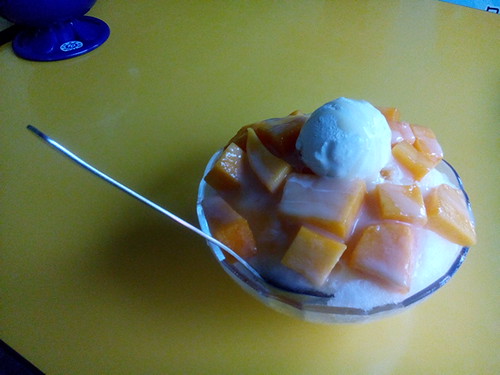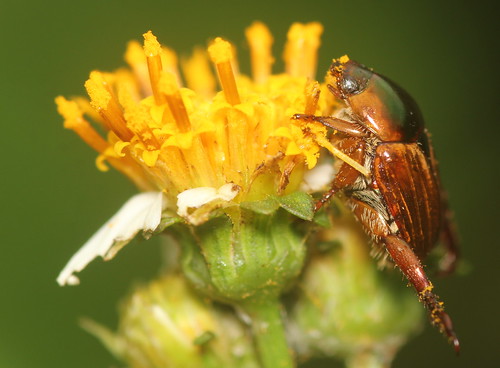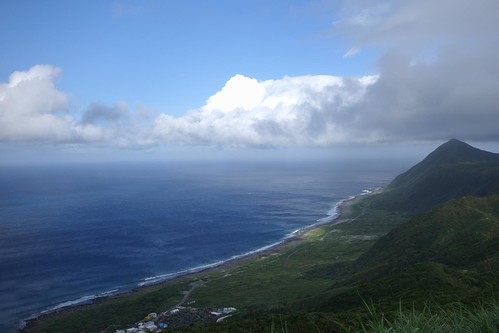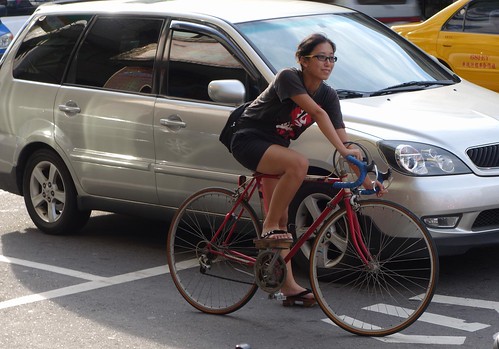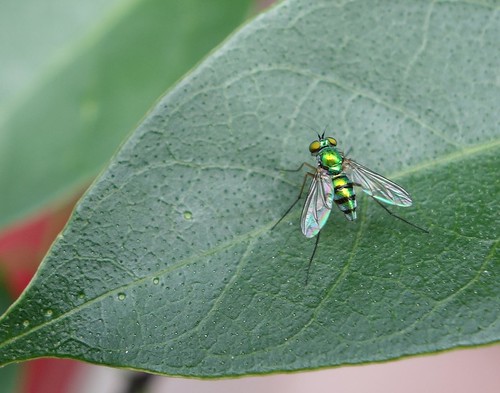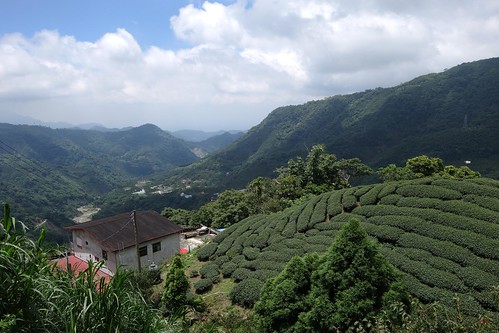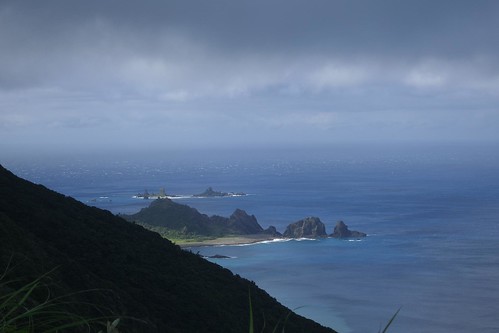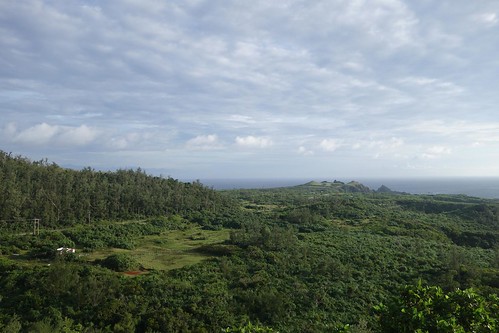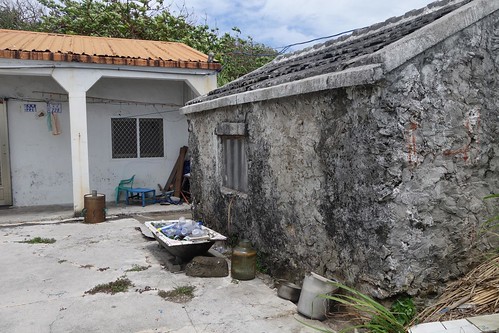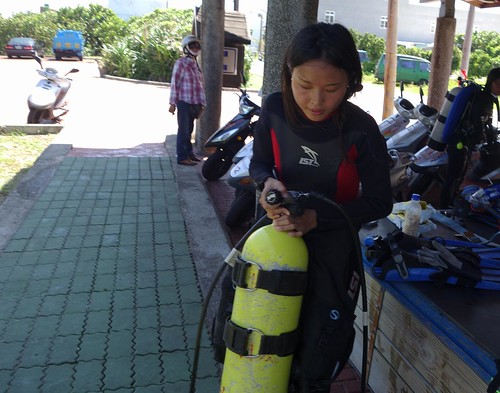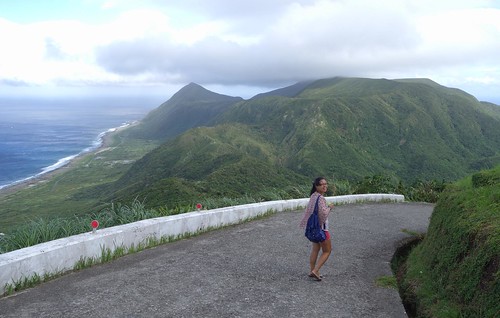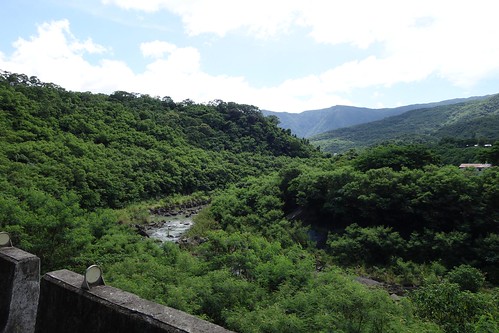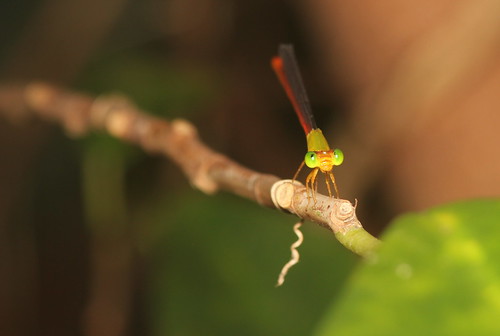It's always a shock for people who think about Taiwan in conventional ways governed by the tropes and talking points that are the most important aspects of Chinese soft power to encounter this blog, which rejects all propaganda that supports Chinese imperialism against Taiwan. This most importantly includes the construction of the Manchu Empire as "China", a rhetorical and ideological move whose purpose is to enable Beijing's expansion at the expense of Tibet, Xinjiang, Taiwan, and other areas. The "'Taiwan' was a province of 'China'" is a trope that appears quite often in the media, one that serves the current wave of Chinese imperialism and expansionism.
In the 19th century western travelers were well aware of the reality of Qing governance on Taiwan, and they were aware quite early. The 1807 edition of John Aikins' Geographical Delineations: Or, A Compendious View of the Natural and Political State of All Parts of the Globe observes that Taiwan is also known as Formosa, and describes:
...A chain of mountains divides it lengthwise into an eastern and western portion, of which the latter only is possessed by the Chinese, while the eastern is left to the original inhabitants.Similarly, the 1812 edition of The American Universal Geography, Or, A View of the Present State of All the Kingdoms, States, and Colonies in the Known World: In Two Volumes notes that the Chinese control only the western portion of the island. This knowledge would form the basis for much colonial speculation by westerners and eventually, Japanese, for most of the 19th century.
The Manchus of course never controlled the entirety of the island; the first government to do that was that of Imperial Japan. Moreover, it is often forgotten that the eastern part of the island (actually a majority of the island as early Japanese maps show) was held by the Qing themselves to be outside the Manchu Empire until after the Western powers and Japan began sniffing around. It was only in the mid-1870s that the Qing finally proclaimed the whole island belonged to them and attempted to extend Qing control into the highlands, an attempt which failed. Only for the last decade of Qing control of Taiwan did the Qing define it as a province.
Hence, today when we speak of "Taiwan" we are actually speaking in a subtly anachronistic manner that has inherited the tropes of the great age of imperialism. We are back-projecting the current unity that is Taiwan into the Qing period, an act which has us thinking of Taiwan the way Beijing wants us to -- as a (1) unified object that (2) belongs(ed) to the Manchu Empire (which is now "China"). In one real and important sense, there was no such thing as Qing Taiwan as we lazily imagine it, a whole island placidly under Qing/"Chinese" rule. The actual Qing "Taiwan" was a slender strip in the lowlands that was constantly in revolt, parts of which at times paid a danegeld to nearby aborigines. The Qing process of settlement and colonization, no different from European settlement and colonization, never assimilated the highland peoples. Yet the ideological tropes of 19th century Qing and western imperialism still dominate our thinking: we never speak of "Aborigine Taiwan" in that period, even though the majority of the island was in their hands throughout the entirety of Manchu "rule".
The recognition of the Qing as imperialists carrying out a process of colonization who were only partly in control of Taiwan is important, because, as Emma Teng notes in the profound epilogue to her excellent Taiwan's Imagined Geography: "The very idea of 'national reunification' between China and Taiwan is predicated on the denial of Qing imperialism." Denial of Qing imperialism is crucial, because if you think of Taiwan as the site of Qing colonization and imperialism, then you deny the whole idea of "unity" between Taiwan and "China". It was merely a settler colony and separate territory -- just as today no one would speak of "unity" between France and Algeria, or between London and New Delhi, or between Philippines and the US. The strangely idiosyncratic nature of the "divided China" claim is true even for the Qing empire itself -- no one speaks of "divided Vietnam and China" even though the Qing controlled a large area of what is now Vietnam. Tellingly, that trope applies only to Taiwan.
The idea of "unity" and "division" between "China" and "Taiwan" is thus a PRC propaganda trope, part of discourse on "national unification" whose purpose to deny that PRC expansionism is a form of imperialism and colonization by redefining the Qing empire as "China" and the peoples who inhabit them as "Chinese" and Qing expansion as "national unification." Under the Qing the Manchus, Mongols, Han, Tibetans, and Muslim peoples had been regarded as the "Five Nations" at whom the Qing emperor looked out from the center, being all things to all men -- a Buddhist to the Tibetans and Mongols, a Confucian to the Han -- and publishing Imperial texts in all five languages. The Qing saw themselves as the polar center of a multicultural empire that required an ethnic balancing act, just like the British in India, the Austrians in Eastern Europe, or the Ottomans in the Mediterranean basin. It was the Han expansionists of the 1930s who turned all this on its head, with Chiang Kai-shek finally declaring that these peoples were all sub-races of the Chinese race in 1939 (see Gladney, 1991). The burgeoning Han imperialism had subsumed the Qing empire at last.
This wholly modern, ideological, imperialist claim that the Qing Empire was China, with its concomitant claim that "Taiwan" was part of "China", widely accepted in the media and even among academics who should know better, is one of the most important components of PRC soft power. When writers use it, they accept claims about the history of China which they would never accept if they were made about the history of another nation. It forms the basis for its "historical claims" to a number of territories, including the Senkakus, which are linked to Taiwan in the historical fantasies of Beijing. That is why you will never find it on this blog, and that is why to identify and deconstruct this claim is not to twist history, but to untwist the knot that Beijing currently uses to bind Taiwan.
UPDATE: Brian Benedictus has a related discussion on Ketagalen media
_______________________
[Taiwan] Don't miss the comments below! And check out my blog and its sidebars for events, links to previous posts and picture posts, and scores of links to other Taiwan blogs and forums!
